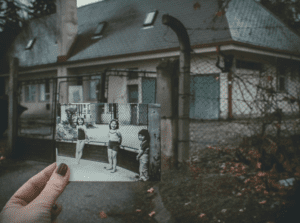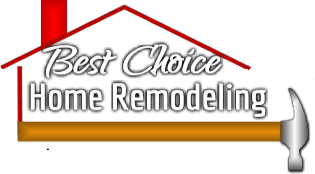If you have a loved one with Alzheimer’s disease or other types of dementia, there are some tips that can help you choose the right care home. First of all, ask if the home provides private rooms for residents. If the answer is no, find out if current residents are happy with this arrangement. Then, determine the level of care offered by the home. Look for enough toilets in the area, comfortable chairs and tables and chairs arranged in groups in the living room, and whether the staff is trained and experienced to handle dementia cases. For more information visit website .

Respite care
Residential dementia care homes are becoming increasingly popular with seniors. These residences provide 24-hour medical supervision and emergency services for their residents. They also provide housekeeping assistance and bathing assistance, in addition to 24-hour resident supervision. New York memory care homes are in high demand for their superior amenities, such as spacious, private and apartment-style rooms. Many of them are purposely designed to meet the specific needs of individuals with memory impairments.
Short-term stay care
Continuing care facilities (CCRCs) provide services such as accommodation, meals, personal care, and activities. They employ qualified staff in constant attendance. Many are also specialized in dementia care. The following are a few of the most important factors to consider when evaluating a dementia care facility. They are often a great option for people who have limited time and don’t require 24-hour supervision.
Safety concerns
As a family caregiver, you’re probably concerned about your loved one’s safety. The fact is, there are many safety concerns that can arise in residential dementia care homes. Fortunately, there are several ways that you can help to minimize your loved one’s risk of injury. Whether you’re planning to use a residential dementia care home for a loved one or are looking for a place to provide a place for a loved one, there are some ways to ensure that your loved one is safe and comfortable.
Medication management
If you are thinking of relocating your loved one to a residential dementia care home, you may want to consider implementing a medication management program. Such a program will help you oversee and track medications. Medication management can be based on the “five Rs” of medicine administration, state regulations, and best industry practices. Medication management involves the proper administration of medication and is a key aspect of safe and efficient care. It includes medication compliance, identification of drug interactions, and education of caregivers.
Nutrition support
Providing nutritional support to residents of residential dementia care homes is increasingly important and will be more difficult without adequate knowledge of how to deliver this care. Research is aimed at providing cost-neutral care. Nutritional support in dementia care homes is dependent on the ability, knowledge and emotional influence of the caregiving dyad. It is possible that future intervention studies will investigate dyadic approaches to nutritional care.
Lockdowns
In recent years, the number of lockdowns for residential dementia care homes has increased. While there were concerns about the health effects of such measures, many care homes have seen a decrease in their overall cost. As a result, many managers have implemented new strategies to help residents cope. For example, some homes began new exercise regimes, healthier eating regimens, and daily activities to keep residents occupied and stimulated. Many also launched large gardening and decorating projects, which compensated for the absence of family visits.




